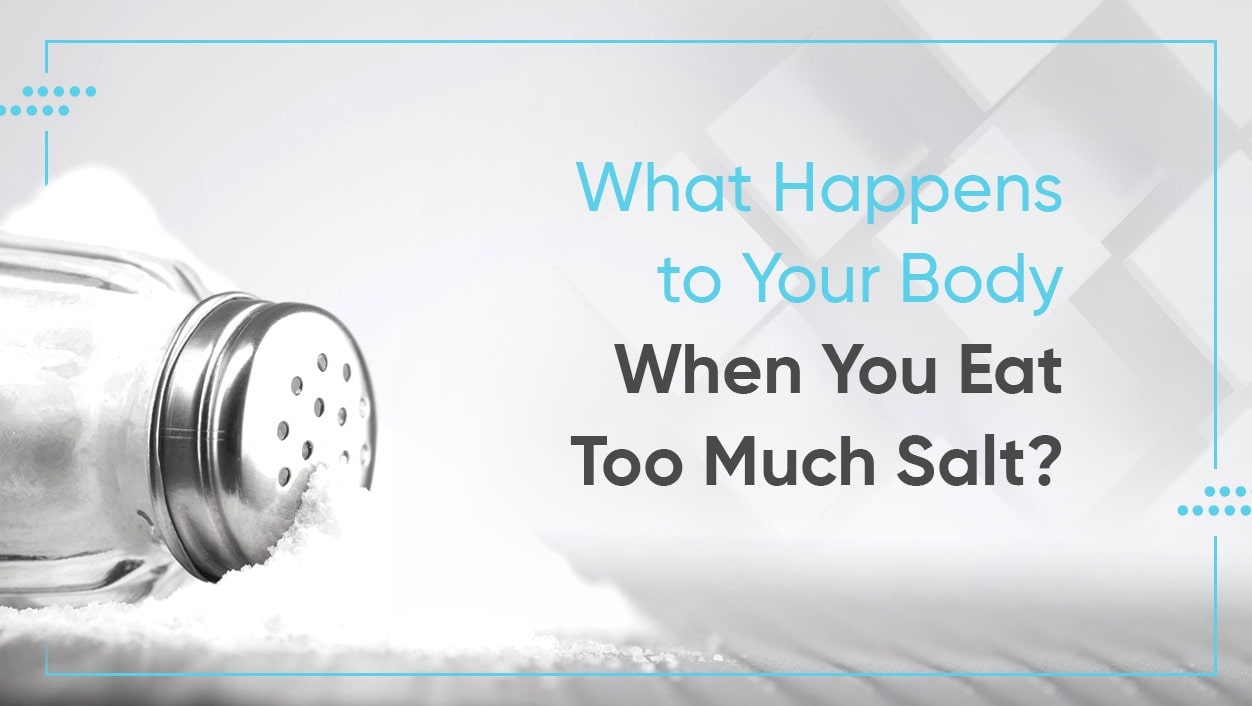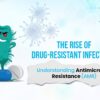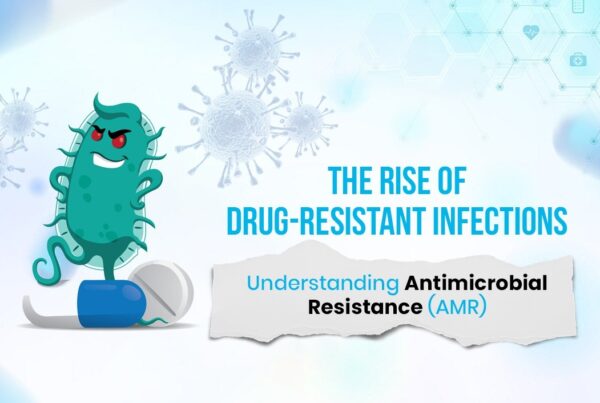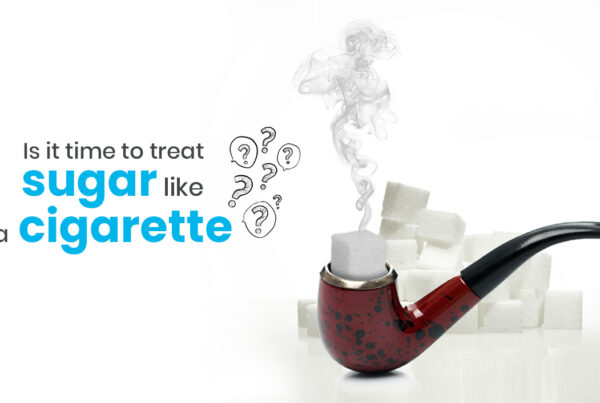One of the most widely used cooking ingredients on the market is salt. It’s often used as a spice to add flavour to dishes and as a preservative to keep bacteria from growing. It is common knowledge that a high-salt diet is bad for your health.
Despite this, many of us consume excessive amounts of salt. Every year, from March 14th to March 20th, countries around the world mark ;World Salt Awareness Week.
The goal of the week is to raise awareness about the negative health effects of excessive salt consumption. The next part of the article talks about the health effects of too much salt.
What Is the Purpose of Salt?
Salt is the primary natural source of sodium, a vital element for fluid equilibrium, nutrient absorption, nerve transmission, and muscular contraction and relaxation. The salt content of all other natural foods, like veggies, fruits, whole grains, and dairy, is negligible.
Furthermore, people who eat extremely little or no salt may be at a higher risk of developing health problems such as:
- Dehydration
- Low blood pressure
- Hyponatremia
- Cholesterol and triglyceride levels are elevated.
- Excessive salt consumption has negative health consequences.
Quick Effects:
Overdoing it on salt can have a lot of short-term health implications, including:
1. Water retention
The kidneys keep the body’s sodium-to-water ratio in check. When a person takes too much salt or sodium, the kidneys hold more water to compensate. Nevertheless, it causes the body to retain water, causing bloating. Swelling in the feet and hands can be caused by increased water retention.
2. Increase in blood pressure, which is only transient:
A sudden increase in the volume of blood flowing through blood vessels might occur if you eat too much salt all at once. It might cause a temporary spike in blood pressure. Obese, elderly, or both people are at greater risk.
3. Extreme Thirst:
A salty meal can dehydrate you, leaving you with a dry mouth and a strong desire to drink. If you don’t drink enough water after eating a lot of salt, your sodium levels in your body could rise above the recommended threshold, causing hypernatremia, a life-threatening illness. The illness can cause restlessness, disorientation, respiratory issues, convulsions, comas, and even death if not treated promptly.
Long-Term Effects:
People who eat a salt-rich diet on a regular basis may be at a higher risk of developing long-term or chronic health concerns, such as:
1. Elevated blood pressure:
Excess salt consumption is a key cause of hypertension, a condition in which the blood exerts a tremendous amount of force on the blood vessels as it flows through them. When blood pressure rises, the chance of developing health issues like atherosclerosis, stroke, renal disease, and heart failure increases. High salt consumption also impairs the body’s renin-angiotensin system, which regulates blood pressure and sodium levels. According to research, lowering salt intake can dramatically lower blood pressure.
2. Cardiovascular Problems
According to research, people who eat too much salt have a higher risk of heart disease. Excessive salt consumption can lead to high blood pressure and artery stiffness, raising the risk of heart disease. According to one study, every gramme of sodium added to one’s regular diet increases the risk of cardiovascular disease by 6%. Another study found that people who drink more salt have a higher risk of heart disease and death than those who ingest less sodium.
3. Cancer of the stomach:
According to medical studies, a high-salt diet has been linked with an increased risk of stomach cancer. According to a study, people who drink more salt may have a two-fold increased risk of stomach cancer than those who consume less salt. Researchers discovered that a high-salt diet promotes the growth of Helicobacter pylori, a bacteria that can cause inflammation, and stomach cancer. According to some research, a high-salt diet may cause cells to change and multiply which can lead to cancer.
Common Salt-Containing Foods:
Processed or packaged foods are thought to be the main sources of sodium in our diets. Additional resources include:
- Bakery
- Cookies
- Snack
- Burger
- Noodle
- Meat that’s been processed
- Cheese and cheese-related products
- Packed soups
How much is too much salt?
To function properly, our bodies require only a modest amount of salt. Adults should not take more than 2,300 mg of sodium per day, as per health experts. The ideal daily sodium consumption is 1,500 mg, which is comparable to 3/4 teaspoon of salt. People with pre-existing medical problems should talk to their doctor about salt intake guidelines that are specific to them.
Conclusion:
One of the most widely used cooking components is salt. While modest salt consumption may enhance your health by preserving the body’s ideal sodium-to-water ratio, high salt consumption may cause more harm than good. Excessive salt consumption is linked to a variety of health problems, like hypertension, cardiovascular disease, and even cancer. Excessive salt consumption can be avoided, according to experts, by limiting daily salt intake to less than 2,300 mg, drinking lots of water, and consuming potassium-rich foods. Before making any big changes to their diet, people who have health problems should see their doctor.
If you have any questions on this subject, don’t hesitate to get in touch with us.









